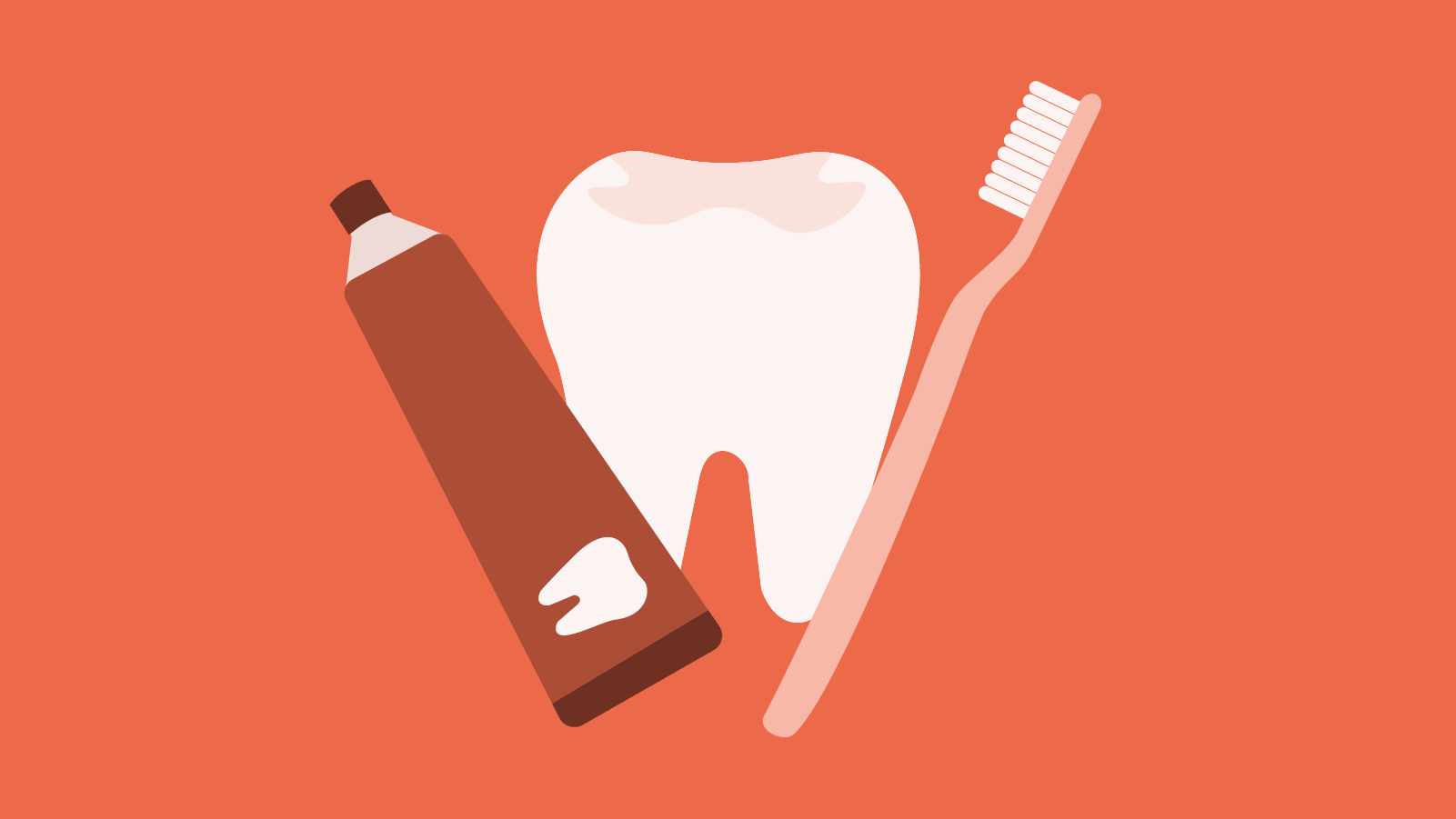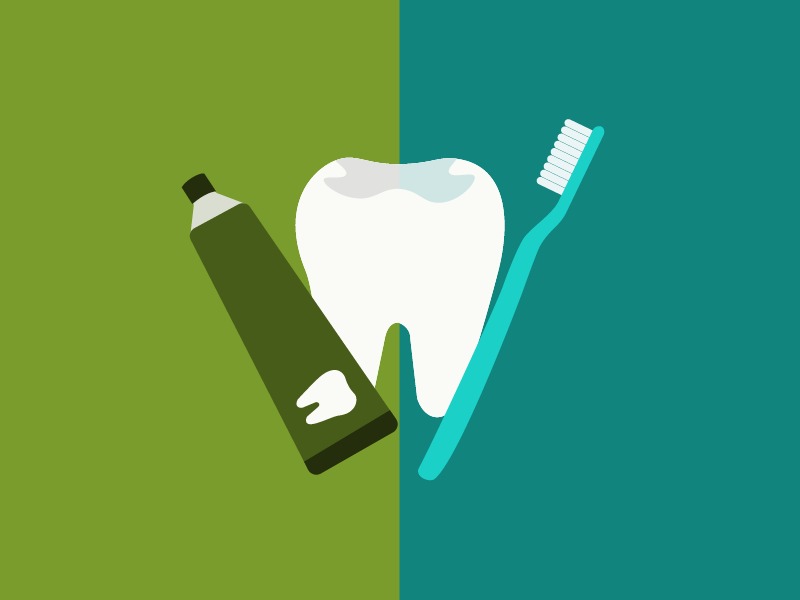
Good oral health is a key part of children’s wellbeing. Yet around a quarter of five-year-olds in England experience tooth decay, with higher rates in disadvantaged communities. And studies have shown that children with greater health care and learning needs are more vulnerable to oral disease than children without, as these additional challenges may create a barrier to maintaining good oral health.
Dental issues can affect children’s ability to eat, concentrate, and reach their development potential.
To help improve children’s oral health, the government is investing in a supervised toothbrushing programme for 3–5-year-olds in early years settings and special schools at most risk of tooth decay.
This learning also aligns with the DfE’s 2025 statutory RSHE guidance, which requires primary schools to cover good oral health — including brushing twice a day with fluoride toothpaste and attending regular dental check-ups.
These resources were developed with Professor Zoe Marshman (School of Clinical Dentistry, University of Sheffield) as part of the BRUSH project funded by the National Institute for Health and Care Research Applied Research Collaborations South West Peninsula and Yorkshire and Humber, through the Children's Health and Maternity National Priority Programme.
-
Designed for pupils working within the Foundation, Core, Development and Enrichment stages of the Planning Framework for Pupils with SEND.
This lesson teaches how to care for teeth, the steps for effective toothbrushing, the effect of sugar on enamel and how adults can support good dental hygiene. These resources provide clear, adaptable materials that help children build strong, healthy habits for looking after their teeth.
The lessons have been carefully researched and designed to reflect the learning needs and lived experiences of young people with a range of special educational needs and disabilities, in both special schools and mainstream settings.
As with our other lesson packs for pupils with SEND, both the PowerPoints and accompanying pupil resources have been optimised for accessibility throughout.
-
A flexible, play-based set of activities introducing how to look after teeth, including why brushing matters and simple, tooth-friendly food and drink choices.
Children explore brushing routines, visiting the dentist and identifying trusted adults who can help them.
Given the intended age group for these materials, we’ve structured this activity pack slightly differently to our materials for other key stages. You’ll find the teacher guidance at the beginning of the activity pack, and three distinct sections — each covering one of the three learning outcomes.
And instead of the usual timed ‘Baseline Assessment’ ‘Core activities’ and ‘Endpoint assessment’ sections, we've included a series of ‘Discussion prompts’, ‘Teacher-led Activities’, and ‘Child-led activities’, along with suggestions for ‘Continuous provision and routines’ and ‘Assessment opportunities’.
This alternative structure will give you the flexibility to pick and mix activities and get creative — to best fit the needs of your cohort and classroom.
The activities are designed to be easy to set up, using only those resources that can be found in most reception classrooms.

Create a free account to:
- Access free PSHE Association resources and guidance
- Get regular updates on the latest PSHE education news and views, directly to your inbox




